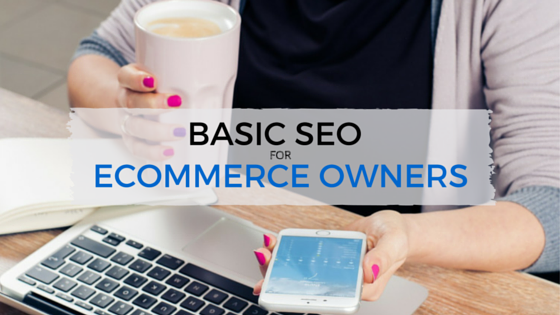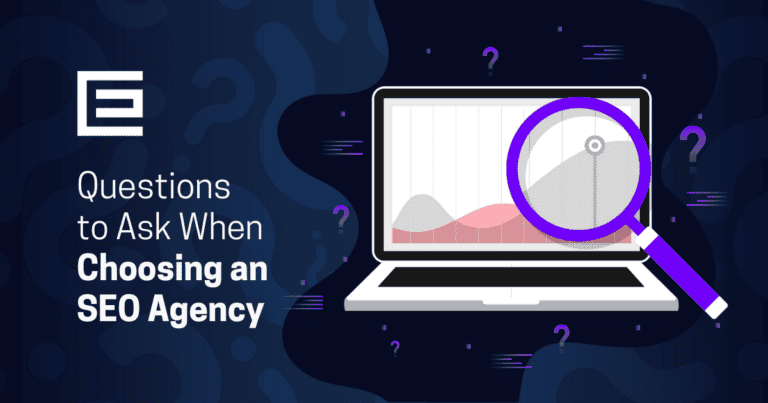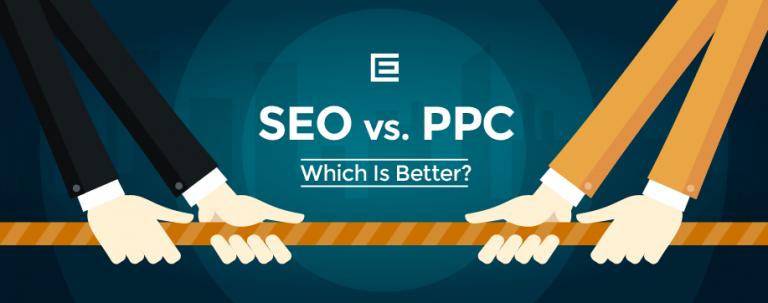
Make Your Ecommerce Site SEO-friendly
There is a lot of information how to make your website SEO-friendly, but knowing what’s right or not may be confusing or overwhelming. According to Google’s official guidelines, the most important things to remember are:- Provide relevant and unique content;
- Ensure external websites are linking to yours;
- Make sure your website and pages are easily accessible to users;
- Don’t use black-hat tactics or try to trick Google into ranking you higher.
Content is King
In the last few years content has reigned supreme because it’s how Google can pick up clues on how to rank your site, plus it’s how visitors learn more about your site and overall brand. To help your online store size up against competitors and beat them on search engines, ensure you do the following things:
To help your online store size up against competitors and beat them on search engines, ensure you do the following things:
- Always include product descriptions. Product descriptions give context clues to Google about the topic of your product page, keywords, and overall nature of your website. This is crucial for both human and robot visitors to learn more about what products you are offering.

Image by: Nike.com
- Use relevant search-appropriate words and phrases. Google can’t pick up if you are selling a “rose gold bracelet” unless you write it in the product name or description. Even if you don’t have time to conduct keyword research, think about your target consumer and what he or she might be searching for on Google and use those appropriate words and phrases.
- Create original content and avoid duplicate pages. Google penalizes websites that have duplicate content. Make sure you write original content not only so you won’t get penalized, but so visitors can shop with ease and so you can set your products and brand apart from your competitors.
Keywords
As mentioned before, keywords are words or phrases prospective customers use to search online. If Google finds a match to what the user is searching with keywords on your website, you will likely appear in that prospective customer’s search results. Take it a step further and try to include actionable and evergreen (timeless) keywords on your home page and product category pages. Instead of optimizing your content for “wallets”, try to be more specific and add a phrase “men’s leather wallets by [manufacturer name]” to truly capture what potential customers are searching for. In addition, make sure you:- Naturally use keywords in your content. If visitors and Google bots see impractical product descriptions they are going to leave and Google will rank your site lower. Place keywords in page titles, site content, navigation, etc.
- Avoid “keyword stuffing.” Just don’t do it. If you’re not sure what this means, here is a great example.
Navigation
The structure of your website plays a role in how search engine friendly your website is or not. A website that is easy-to-navigate and access is likely to appear in the search results than a cluttered and disorganized site with no central navigation. Here are a few tips to follow to ensure your site’s navigation is in tip top shape:- Label your pages in a sensible manner. While you might opt for a creative name for your online store, label your pages simply so that customers have a clear and enjoyable user experience.
- Keep your main menu or navigation simple. Your visitors are more likely to leave your website if they can’t figure out how to get to a specific page on your website. Keep your main menu clear, simple, and relevant so users can navigate your site easily and so you can avoid a high bounce rate.
- Enable bread crumbs. Breadcrumb links help visitors easily travel back to a previous page or category landing page.

- Link to every website page. Google and visitors won’t know that a page exists unless you link to it. Creating a sitemap should ensure that all pages are linked at least once on your website. (*TIP: link your pages internally more than once on your site to help with your SEO). If you add new pages to your site ensure that your sitemap is updated as well.
Site Speed, URLs, & On-site Optimization
In addition to content, keywords, and clear navigation – site speed, urls, and on-site optimization all play a role in your website’s search engine friendliness.Site Speed
Research has proven that long loading times can kill your online sales. According to Kissmetrics, “For every extra second your homepage takes to load, your conversion rate drops by an average of 7%. Stores that make $100,000 per day risk losing $2.5 million per year (or more!) due to site speed problems.” To help increase your website’s speed, try these tips:- Compress large images before uploading.
- Upgrade your hosting services as your online store grows.
- Use a caching service or content delivery network.
URLs
Did you know that the url addresses associated with your products can impact the way you rank? Try these tips for ensure a better user experience and higher Google ranking:- Use words (not numbers) in your URLs. This helps both visitors and Google know what content/products this page contains. Example use: /mens/accessories/wallets instead of /mens/category-5
- Use relevant keywords. Keyword stuffing in your URLs are just as bad of a practice as keyword stuffing is for your website content. However, it is perfectly fine to structure your URLs so that they contain specific and relevant keywords to describe the page – just make sure to no overdo it so you have an extreme long-tail search.
On-Site Optimization
To close, here are a few things you can try to do to all of your website, blog, and content pages to make your ecommerce site more search engine friendly:- Write custom meta descriptions.
- Add alt text to images.
- Keep mobile in mind.
- Incorporate manufacturer’s product numbers.
Still overwhelmed with SEO? Call one of our SEO experts at 919-341-8901 to learn how we can help or contact us for a free SEO website audit to discover opportunities to improve your site’s performance!
Tags: Ecommerce • Search Engine Optimization



